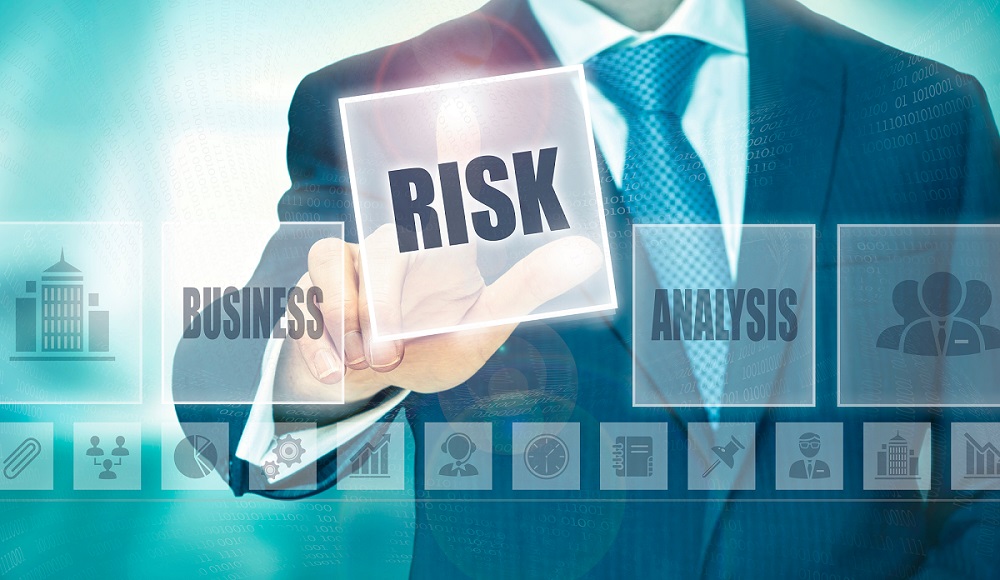If the Red Sea crisis continues for several more months, it will be sensitive for the world economy. Procurement of goods becomes significantly more expensive. Additionally, the slowdown is significant. As a result, global GDP growth slows by -0.4% and inflation increases by +0.5%. This is what our research department estimated.
A third of global container traffic and 40% of trade between Asia and Europe passes through the Red Sea. Some shipping companies change their itinerary and choose to bypass Africa. Over the past two weeks, the number of cargo ships passing through the Suez Canal has fallen, by 30% for cargo and 19% for tankers. The number of ships around the Cape of Good Hope almost doubled during the same period (cargo increased by +66% and tankers by +65%).



